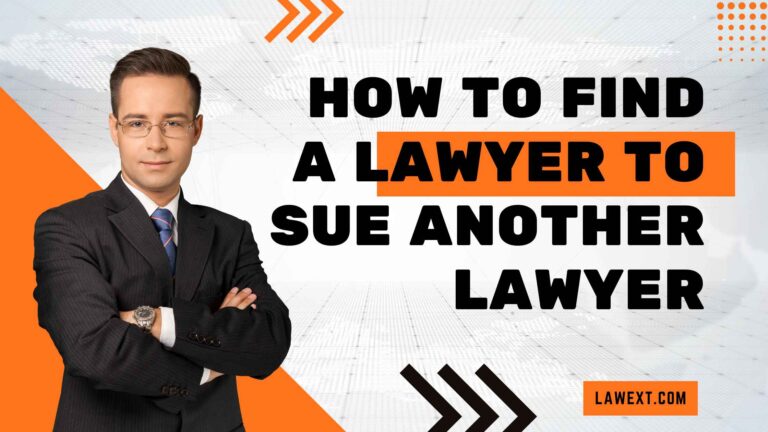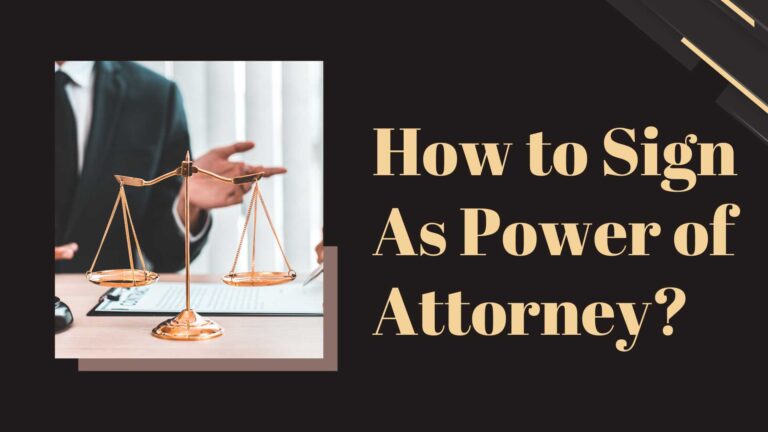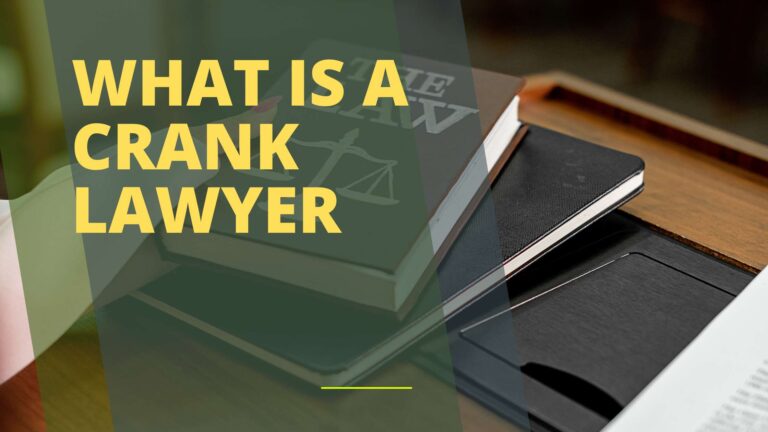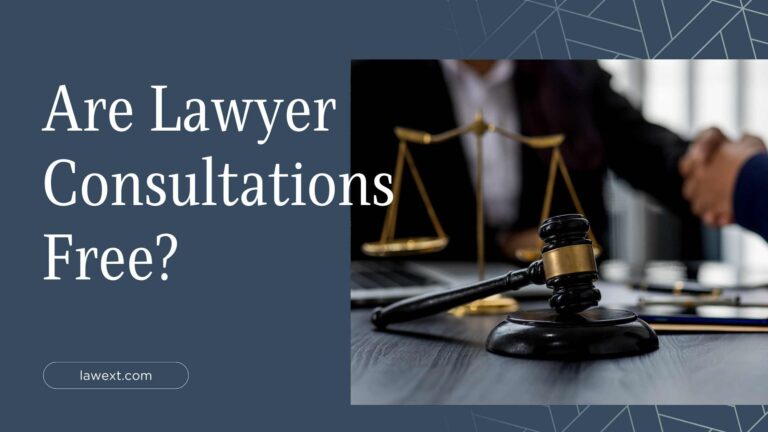Is It Illegal to Impersonate a Lawyer?
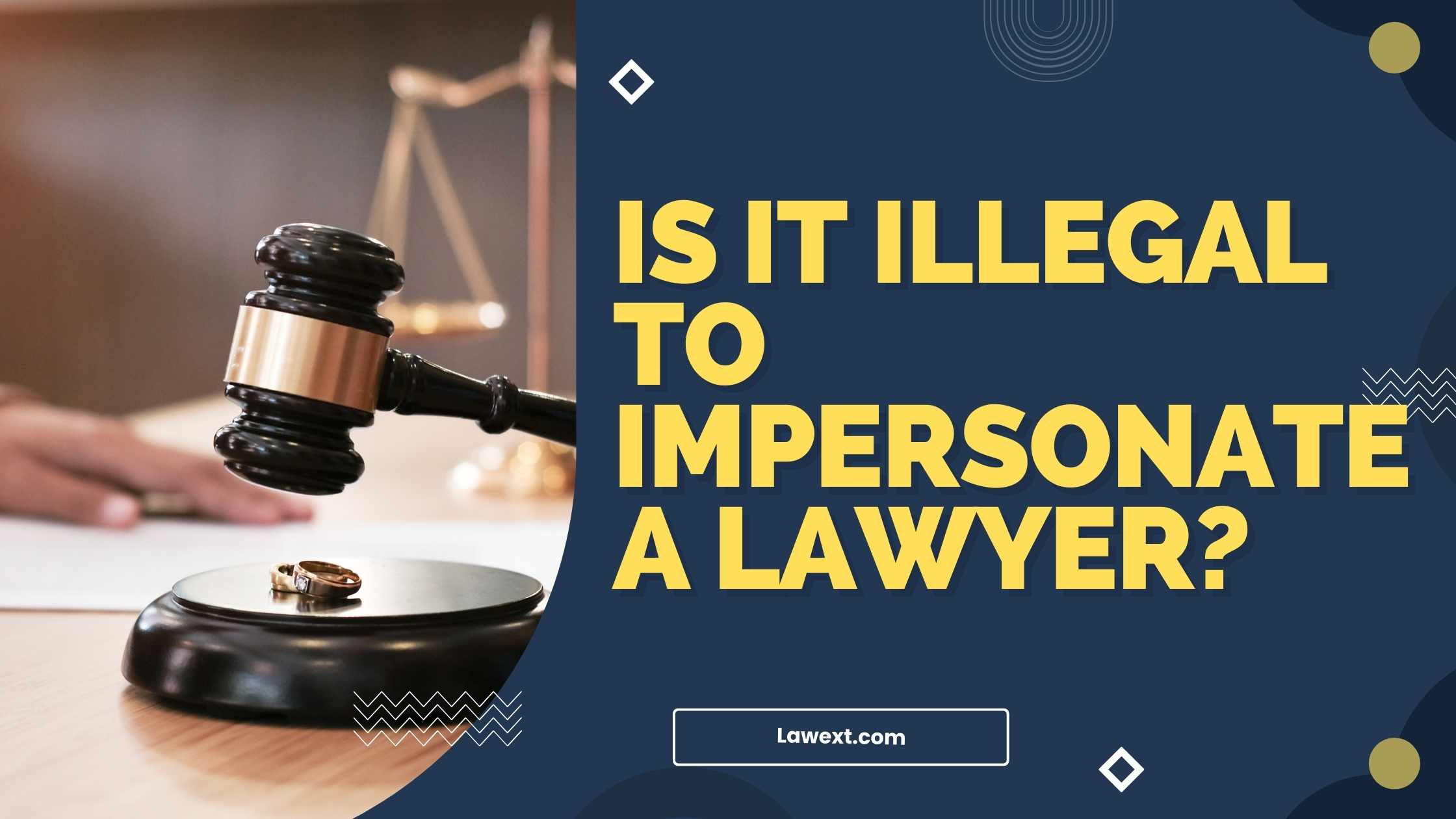
Impersonating a lawyer is illegal and may result in criminal charges. Laws vary by jurisdiction, but the offense is generally taken seriously.
Table of Contents
Is It Illegal to Impersonate a Lawyer? Impersonation of a lawyer is a deceptive act that can undermine the integrity of the legal profession and the justice system. Such conduct may be sanctioned under various legal statutes, ranging from criminal fraud to the unauthorized practice of law.
The legal community and regulatory bodies safeguard the public from unqualified individuals who could potentially offer incorrect legal advice or misrepresent legal proceedings. Penalties for this offense can be severe, reflecting the serious nature of the crime. Individuals who are caught impersonating a lawyer could face fines, imprisonment, and a permanent tarnish on their reputation. It’s crucial for everyone to understand that while navigating legal matters, seeking advice or representation from a bona fide, licensed attorney is the only legitimate course of action.
The Illegality Of Legal Impersonation
Impersonating a lawyer ranks as one of the serious offenses in the legal realm. To operate as an attorney, one must have a valid license to practice law. Without this license, it’s illegal to offer legal advice, represent individuals in court, or suggest affiliation with the legal profession. While this may seem obvious, many find it unclear where the line is drawn between harmless role-playing and punishable deception.
Differentiating Between Role-playing And Deception
Role-playing as a lawyer can occur in settings like theater or movies. This is lawful and accepted. However, when role-playing crosses into real-world situations where legal decisions are made, it becomes deception. Deceptive behavior can lead to criminal charges.
Statutes Addressing Impersonation
- Many statutes at the federal and state level strictly prohibit impersonation of legal professionals.
- These laws guard the public from being misled or harmed by unqualified individuals.
- Legal repercussions include fines, imprisonment, and a permanent record of fraudulence.
For those considering the ramifications of such acts, the prospect of facing criminal charges should act as a strong deterrent from impersonating a lawyer.
Potential Consequences Of Faking Legal Expertise
Faking legal expertise can lead to severe repercussions. Pretending to be a lawyer is not only unethical but it can also trigger serious legal consequences. Individuals considering such an act should be fully aware of the risks involved.
Civil Litigation Risks
Impersonating a lawyer may result in civil lawsuits. Victims of fake legal advice can sue for damages. These are the civil risks:
- Financial liability: Payment for losses caused by wrongful advice.
- Reputation damage: Long-term professional harm.
- Injunctions: Court orders to stop illegal activities.
Criminal Charges And Penalties
The law takes fake lawyers seriously. Criminal charges can include:
| Charge Type | Possible Penalty |
|---|---|
| Felony fraud | Years in prison, heavy fines |
| Misdemeanor | Shorter jail time, smaller fines |
| Identity theft | Additional fines and prison time |
Criminal records resulting from such charges can affect future employment and life quality.
Why Impersonating A Lawyer Is Serious
When someone pretends to be a lawyer, it’s a big deal. Lawyers have a special role in society. They help people with the law. People must trust lawyers. Pretending to be one can cause lots of problems. Let’s talk about why it’s so serious.
Public Trust In The Legal System
Lawyers are key to our legal system. People must trust them. If someone pretends to be a lawyer, trust gets broken. People may worry about who is real. It makes the law seem less fair. It’s like lying about being a doctor. Trust is important for the law to work well.
Not just lawyers, but judges and police need trust, too. If people cannot trust them, they might not follow the law. This can make society less safe. That’s why we can’t have fake lawyers.
Jeopardizing Clients’ Lives
Imagine you needed a lawyer for something important. Maybe you’re buying a house. Or you’re in trouble with the law. Now, think if your lawyer was not real. They don’t know the law well. They make mistakes. Your big problem could get worse.
Being a lawyer takes a lot of study. They must pass hard tests. They learn many rules. Fake lawyers don’t know these rules. If they give bad advice, you could lose money. Or, you could go to jail. This is risky and can hurt people’s lives.
The law says you cannot pretend to be a lawyer. It’s to keep everyone safe. If someone does it, they can go to jail. We must make sure we get help from real lawyers. They know how to protect us with the law.

Credit: www.reddit.com
How To Recognize An Impersonator
Imagine needing legal advice and trusting someone who claims to be a lawyer. Now, think about the chaos if that person is a fake. Impersonating a lawyer is, indeed, illegal. Recognizing an impersonator can save you from potential harm. Let’s learn to identify the signs.
Qualifications Verification
Trust, but verify. A true lawyer will have no issue sharing their credentials. Ask for their bar membership details, and check online databases. Most states have an online lawyer directory. A genuine attorney is listed there.
Steps for proper verification include:
- Requesting the lawyer’s bar license number
- Searching the state’s Bar Association website
- Calling the bar association directly, if necessary
Red Flags And Warning Signs
Beyond qualifications, behavior can indicate a fake. Be cautious and look for warning signs.
Common red flags include:
| Red Flag | Description |
|---|---|
| Hasty Promises | Instant solutions without proper case review |
| Vague Answers | Lack of detail in discussing legal strategies |
| Missing Documentation | No official letterhead or business card |
| Unsolicited Contact | Lawyers reaching out without your request |
Listen to your instincts. If something feels off, double-check.
Legal Remedies For Victims
Discovering that someone has impersonated a lawyer can be unsettling. Victims have legal options for addressing this serious offense. Understanding these remedies is vital for anyone affected by such impersonation. These measures not only hold the impersonator accountable but also help to prevent further harm to others.
Reporting To Authorities
First and foremost, victims should report the incident to local law enforcement. Police investigations can lead to criminal charges. Victims can also notify their state’s bar association. Bar associations take legal impersonation seriously and will investigate the matter.
Consider these steps:
- Collect any communication with the impersonator.
- Maintain records of financial transactions if any.
- File a police report with all the evidence.
Seeking Compensation
Victims can seek damages through civil court. Compensation might cover financial losses and emotional distress. Legal action will require evidence, so documentation is key. Consult a legitimate attorney for guidance on this process.
Here are compensation types:
| Type of Damage | Description |
|---|---|
| Economic Damages | Monetary losses caused by the impersonation |
| Non-Economic Damages | Compensation for stress, anxiety, and reputation damage |
| Punitive Damages | Awarded to punish the impersonator for their actions |
Preventing Impersonation
Impersonating a lawyer not only misleads individuals but also tarnishes
the justice system’s integrity. It’s a serious offense, punishable by law.
Preventing impersonation is crucial to safeguard legal processes and
maintain public trust. Various measures help in keeping impersonation at bay.
Regulatory Measures In The Legal Field
Regulatory bodies enforce strict rules to protect the legal field integrity.
They require valid licenses and regular checks. This ensures only
qualified individuals practice law.
- Law societies perform background checks
- Continuing education keeps lawyers up to date
- Firms verify credentials before hiring
Educating The Public
Education is imperative to combat lawyer impersonation. People
need to know how to verify a lawyer’s credentials. Awareness campaigns
highlight the signs of fraud.
- Check with local bar associations
- Ask for identification and certification
- Verify through online legal directories
Following these steps can greatly reduce the risks of attorney impersonation.
They empower individuals to make informed choices about legal representation.

Credit: www.reddit.com
Conclusion
Impersonating a lawyer is no minor offense. It’s clear that this act can lead to serious legal repercussions, including fines and potential jail time. By understanding the risks, one should steer clear from misrepresenting themselves in any legal capacity. Remember to always seek authentic legal counsel when needed.
Amelia Justiceberg, a distinguished legal luminary, thrives on the intersection of empathy and legal acumen. As a prominent family law attorney, she orchestrates compassionate resolutions amidst complex dynamics. Justiceberg's courtroom finesse and dedication to fairness define her practice. Beyond litigation, she ardently advocates for social justice, solidifying her reputation as an influential force in the legal landscape.

